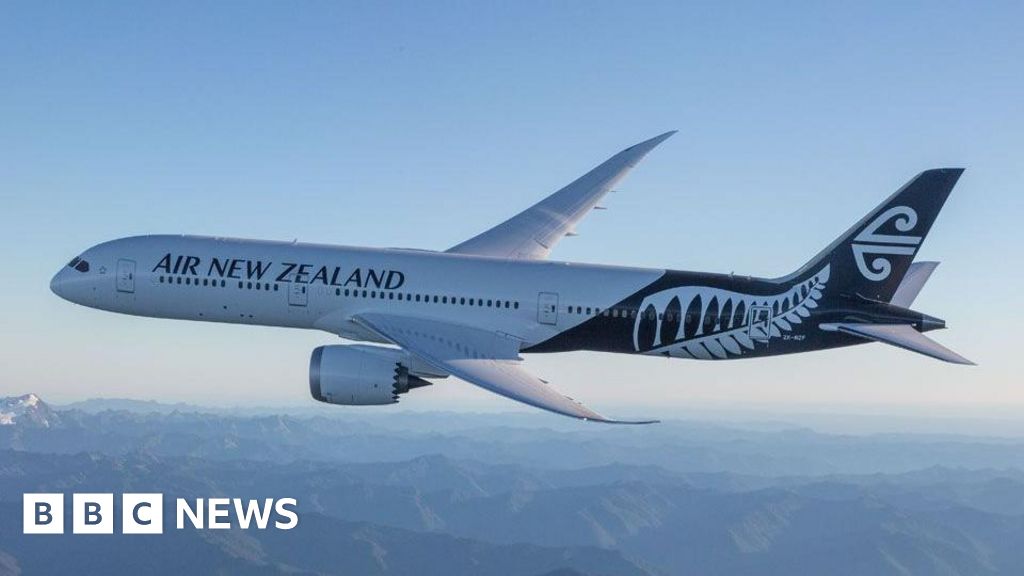- cross-posted to:
- climate@slrpnk.net
- newzealand@lemmy.nz
- cross-posted to:
- climate@slrpnk.net
- newzealand@lemmy.nz
Air New Zealand has abandoned a 2030 goal to cut its carbon emissions, blaming difficulties securing more efficient planes and sustainable jet fuel.
The move makes it the first major carrier to back away from such a climate target.
The airline added it is working on a new short-term target and it remains committed to an industry-wide goal of achieving net zero emissions by 2050.
The aviation industry is estimated to produce around 2% of global carbon dioxide emissions, which airlines have been trying to reduce with measures including replacing older aircraft and using fuel from renewable sources.



I agree with you wholeheartedly that aviation fuel subsidies must end, and train travel should be prioritized above all else.
That said, it’s not true that going slower saves fuel, for multiple reasons.